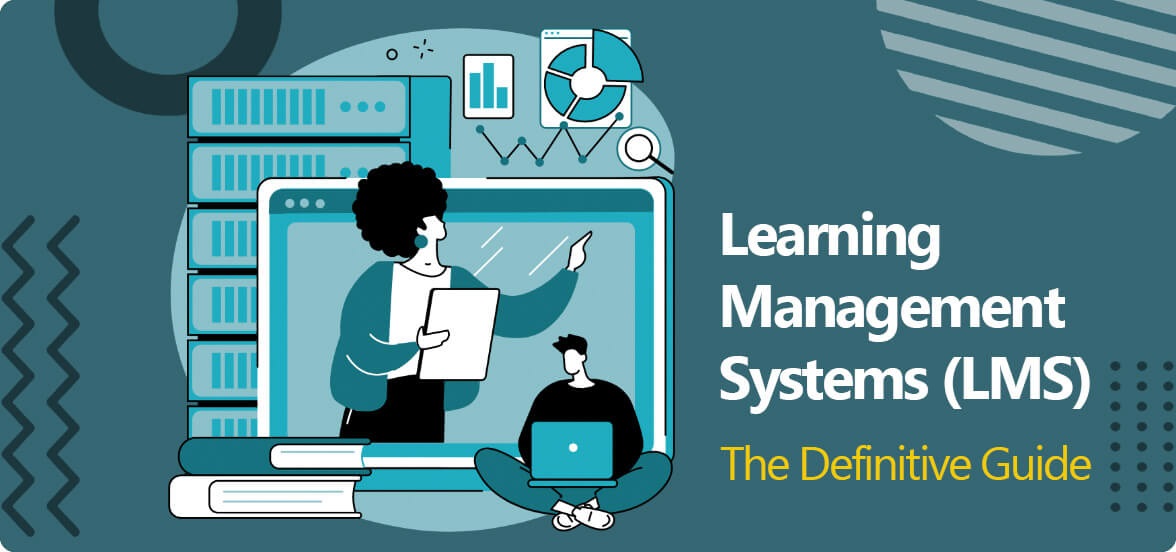
In the digital age, education and training are increasingly delivered online, making Learning Management Systems (LMS) crucial for facilitating effective e-learning. An LMS software development company plays a pivotal role in creating tailored systems that cater to diverse educational needs. Understanding what such companies offer can help organizations make informed decisions when choosing an LMS solution.
What is an LMS Software Development Company?
An LMS software development company specializes in designing, developing, and deploying learning management systems. These companies provide comprehensive solutions that allow educational institutions, corporations, and training organizations to deliver, manage, and track learning and training programs. Their services typically include custom LMS development, LMS integration, maintenance, and support.
Key Services Offered by LMS Development Companies
When partnering with an LMS software development company, clients can expect a range of services that are essential for creating a robust e-learning platform:
1. Custom LMS Development
Every organization has unique needs, and a one-size-fits-all approach doesn’t always work. Custom LMS development ensures that the system is tailored to specific requirements, including custom features, user interfaces, and workflows. This personalization enhances the learning experience and aligns the LMS with organizational goals.
2. LMS Integration
To provide a seamless learning experience, an LMS must integrate with other existing systems such as HR software, Customer Relationship Management (CRM) systems, and content management systems. LMS integration ensures that all educational resources and user data are centralized, improving efficiency and user experience.
3. Mobile Learning Solutions
With the increasing use of mobile devices, LMS development companies offer mobile learning solutions that enable learners to access courses anytime, anywhere. Mobile-friendly LMS platforms support various devices and operating systems, providing flexibility and convenience for users on the go.
4. Gamification
To boost engagement and motivation, many LMS development companies incorporate gamification into their platforms. Gamification involves using game-like elements such as points, badges, and leaderboards to make learning more interactive and enjoyable. This approach can significantly enhance learner participation and retention.
5. Data Analytics and Reporting
Effective LMS platforms provide detailed analytics and reporting features that track learner progress, performance, and engagement. These insights help organizations make data-driven decisions, improve course content, and identify areas where learners may need additional support.
Benefits of Working with an LMS Development Company
Collaborating with an LMS software development company offers numerous advantages:
- Customization: Tailored solutions that meet specific needs.
- Scalability: LMS platforms can grow with your organization.
- Expertise: Access to a team of professionals with extensive knowledge in e-learning technologies.
- Support: Ongoing maintenance and support to ensure the LMS remains functional and up-to-date.
Selecting the Right LMS Development Company
Choosing the right LMS software development company is crucial for the success of your e-learning initiatives. Here are some factors to consider:
1. Experience and Expertise
Look for a company with a proven track record in LMS development. Experience in your industry can be particularly valuable, as it ensures the company understands your specific needs and challenges.
2. Client Reviews and Testimonials
Client reviews and testimonials provide insights into the company’s reliability, quality of work, and customer service. Positive feedback from previous clients is a good indicator of a reputable company.
3. Technology Stack
Ensure that the company uses modern technologies and development practices. A robust technology stack ensures the LMS is scalable, secure, and capable of integrating with other systems.
4. Customization Capabilities
Verify that the company can provide customized solutions. Ask about their process for understanding client needs and translating them into tailored features and functionalities.
5. Support and Maintenance
Post-deployment support is essential for addressing any issues that arise and for keeping the LMS updated. Choose a company that offers comprehensive support and maintenance services.
For organizations seeking to enhance their e-learning capabilities, partnering with a specialized LMS development company can be a game-changer. By understanding the services and benefits these companies provide, you can make an informed decision that supports your educational goals. For more detailed information and customized LMS solutions, visit LMS software development company.

